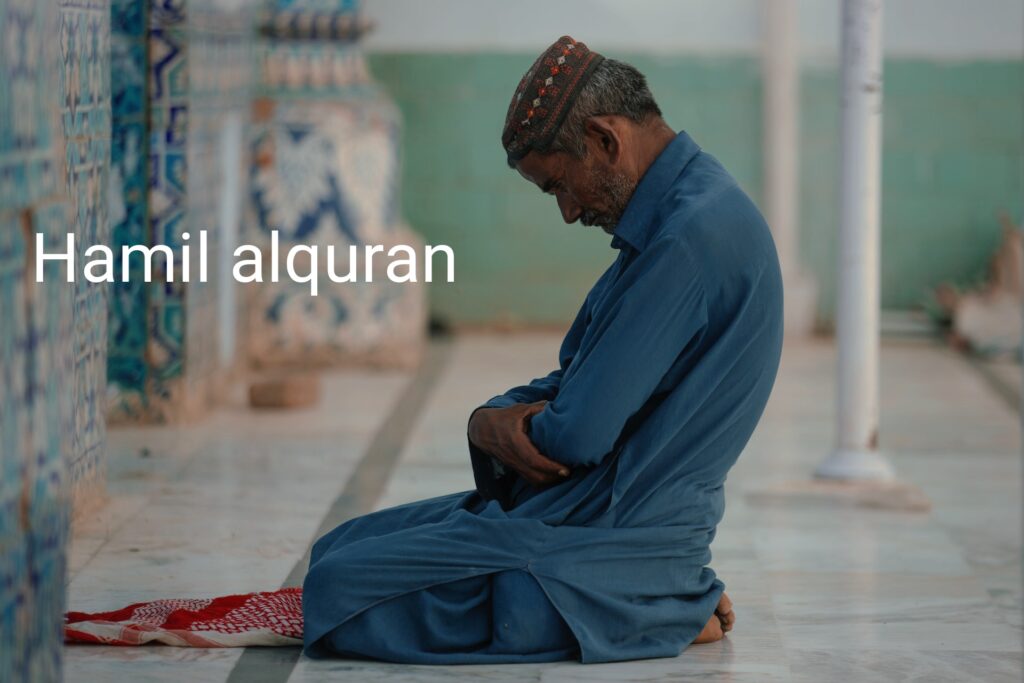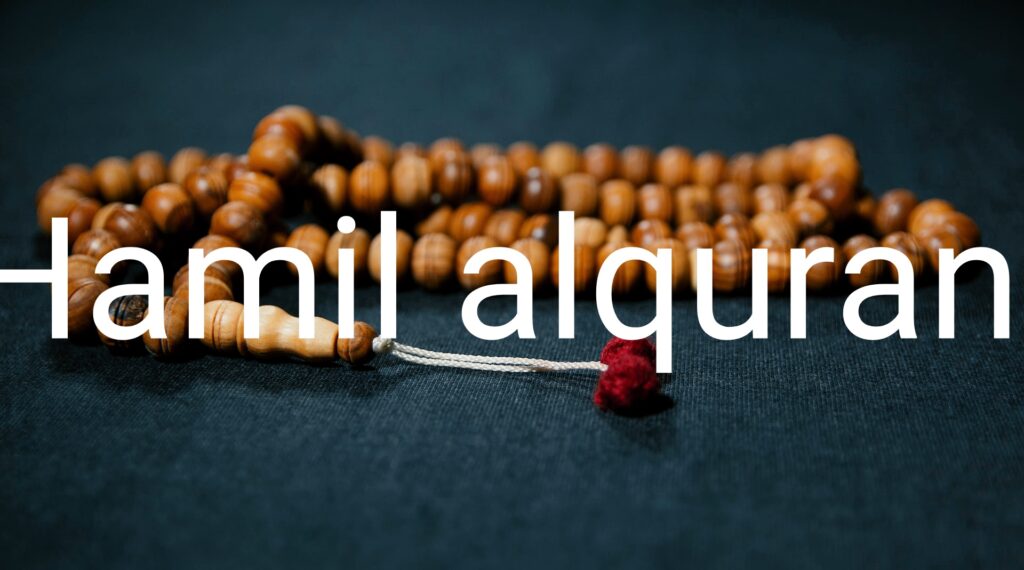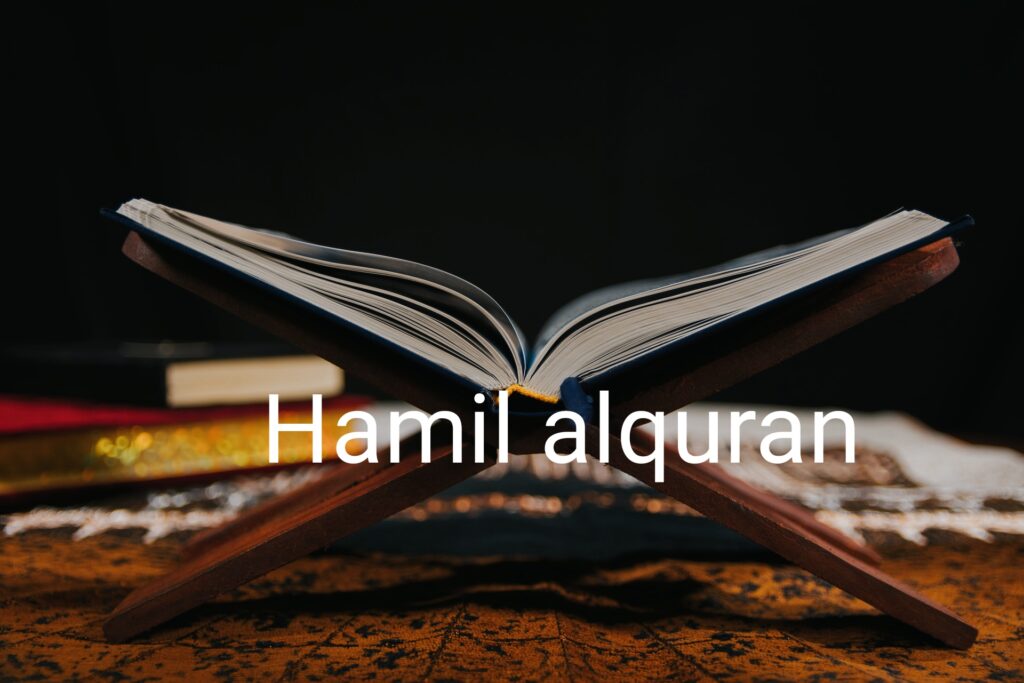Are you ever in search of something greater than yourself? Is it hard to find peace and clarity amid the chaos of everyday life? You are not alone if this is the case. Around the world, Muslims find strength and solace in prayer. Exactly what is prayer in Islam, and how can it transform your life?
Prayer is not merely a checklist or request list but an entry point into a deeper reality. You can express gratitude, seek forgiveness, and find inner peace by communing with God (Allah). The point is not to follow rigid rituals but to cultivate a heartfelt connection with the divine through specific movements, Quran recitations, and intentions.
Whether you’re a curious seeker, a practicing Muslim, or simply curious about other faiths, this comprehensive guide will reveal the secrets of prayer in Islam. Explore the meaning and purpose, explore the different forms, address common challenges and misconceptions, and learn how to harness the transformative power of prayer.
Take a deep breath, clear your mind, and join us on this journey to understand prayer in Islam. Maybe you’ll find a newfound connection to the divine, inner peace, and spiritual growth.
What are you waiting for? Let’s go! Let’s get started!

Meaning of Prayer in Islam: Salat The Connection and Transformation
For Muslims around the world, prayer is more than just a religious obligation. Still, it is also a profound expression of faith, a cornerstone of daily life, and a gateway to inner peace and spiritual connection. I have found that this is a practice full of meaningful purpose, transcending the mere rituals of it to become a journey of transformation.
The Significance of Islamic Prayer Salat
Salat is a term in Islam that refers to the act of praying that consists of more than just standing, bowing, prostrating, and sitting. In its essence, it is a conversation with God, Allah, an expression of gratitude, a request for forgiveness, a conversation asking one to open up and express one’s hopes and weaknesses to the divine.

A Framework for Connection based on Pillars
A Salat is considered one of the five pillars of Islam, which are the practices that define the faith on which it is based. A reminder of one’s connection to Allah and a moment of spiritual renewal is provided by the five daily prayers – Fajr (dawn), Dhuhr (noon), Asr (afternoon), Maghrib (sunset), and Isha (night). These prayers serve as anchors throughout the day, bringing Muslims closer to Allah and allowing them to renew their relationship with Him.
Presence and Mindfulness Through Ritual
There is more to prayer than just reciting a list of prayers or performing a checklist of tasks. To cultivate presence and mindfulness, it is necessary to focus on each movement and word with clarity, intention, sincerity, and attention. As a result of the rhythmic movements, the mind is calmed, and the attention is directed towards the Divine, offering the opportunity for mindful meditation.

Unity and Belonging by Going Beyond Individuality
In addition to this, prayer in Islam fosters a strong sense of community, belonging and belonging to the community. Regardless of where they are located or what their background may be, Muslim communities all over the world unite in prayer facing the Kaaba in Mecca. The bonds of brotherhood and sisterhood are strengthened by this shared experience, which transcends differences and strengthens them in the process.
Find Inner Peace and Transform Your Life
When prayer is practiced consistently, it cultivates an inner sense of peace and leads to spiritual growth. As well as providing a refuge from the anxieties of daily life, it is also a space where one can reflect on their actions and intentions as well as seek guidance from Allah for guidance and strength.
It’s a journey, not a destination when it comes to prayer.
I would like to remind you that prayer is not a destination but rather a journey that never ends. On some days, it won’t be easy to stay focused, and your thoughts will wander. However, the beauty of prayer lies in its accessibility and the constant opportunity to return, reconnect, and find solace in the presence of a divine being, which is where the beauty of prayer lies.

Explore the Depths of Humanity
In Islam, the concept of prayer goes beyond the five daily prayers that Muslims perform. As mentioned before, in addition to supplications (du’a) and remembrances of God (dhikr), there are also specific prayers for occasions such as funerals and Ramadan that further enrich the spiritual landscape. In every form, there is an opportunity to connect with Allah uniquely and to deepen one’s faith as a result.

A Guide to Demystifying Prayer for Newcomers
When it comes to praying, the practice can seem mysterious to those who are new to Islam or simply curious about it. There is, however, a simple and accessible essence to it. To begin this rewarding journey of self-discovery, anyone can take advantage of resources, guidance provided by Islamic scholars, and access to welcoming Muslim communities.

Conclusion
Don’t forget, we’re all walking this path together, and we’ve got a lot to gain from it. Let’s support each other on this journey of inner peace and spiritual growth by sharing our experiences, asking questions, and supporting one another along the way. Now is the perfect time to take the first step on your journey toward a life of meaning, connection, and eternal light, and let the power of prayer guide you along the way. We at Hamil Al Quran Academy can help whenever you ask.
Prayer is one of the pillars of Islam, Which are Shahada, Salah, Zakat, Ramadan Fasting, and Hajj Pilgrimage, without which complete faith cannot be achieved, and prayer has a special form that we inherited through the Messenger. May Allah bless him and grant him peace.
In addition to that, the scholars differed regarding the ruling on praying in a language other than Arabic, as some of them tended to the permissibility of that.
Others tended to the fact that it is not permissible to pray in a language other than Arabic, and some of them permitted speaking in a language other than Arabic in some places.
Don’t forget to read about Wudu, the first step to Salat.
